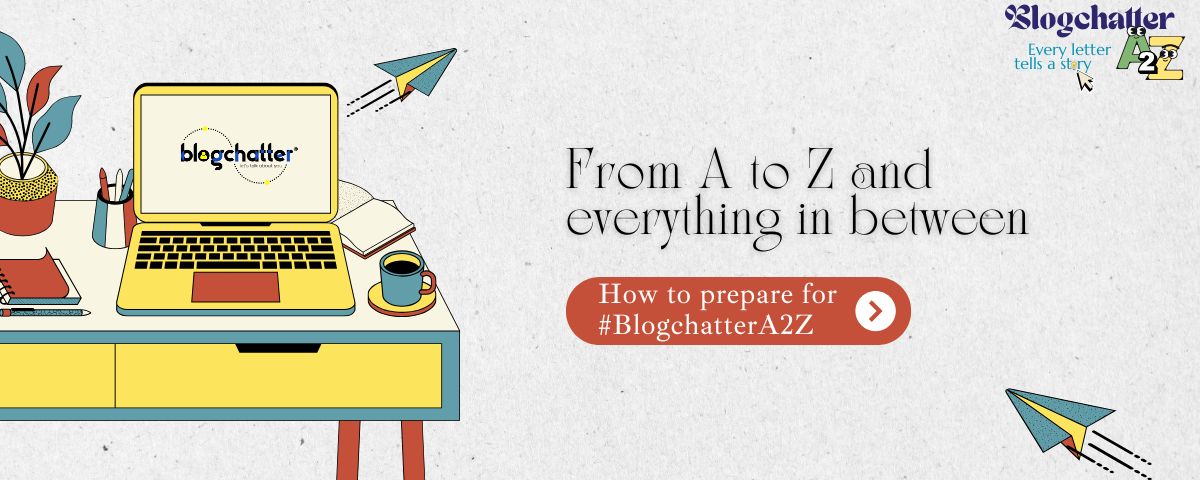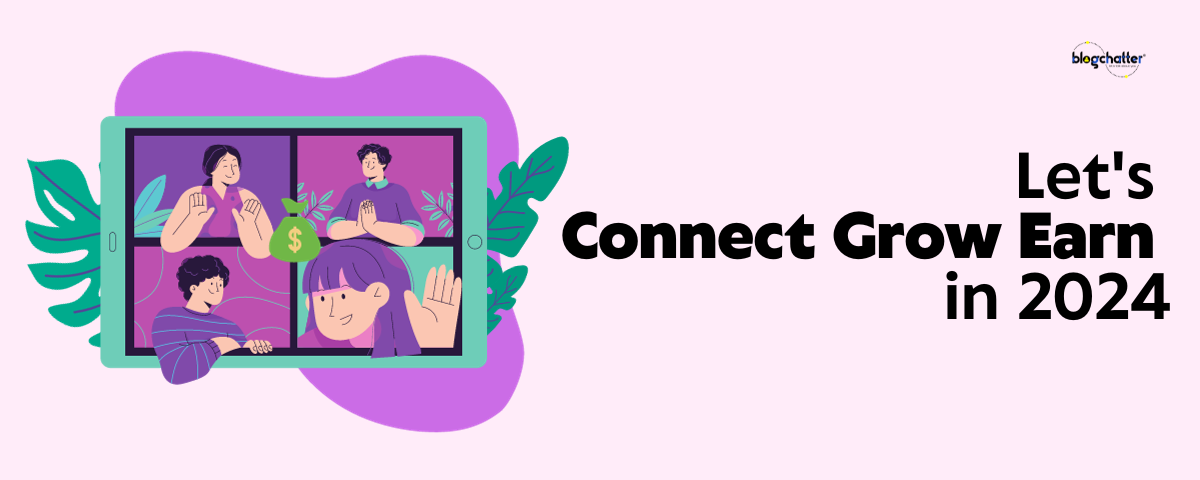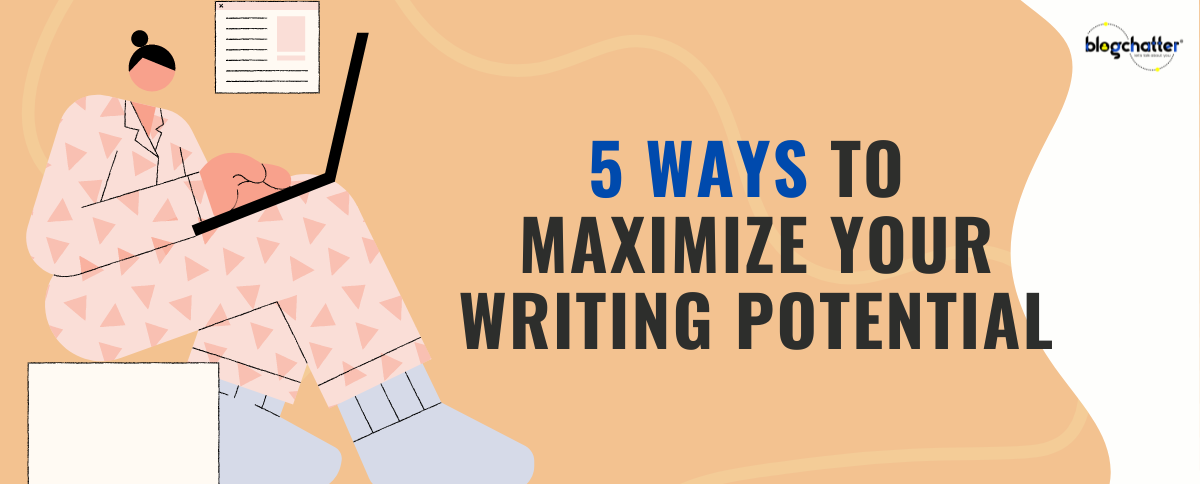'Suddenly, you look at me and your smile vanishes. Did you sense my presence, I wonder. There's a change in your expression that I cannot read. I'm bad at reading real emotions, and who knows better than you? The person over the phone says something, I guess, because you stammer, like you don't know what to say. And I know I still have your attention.'
I was reading my own story in a magazine. As I read it, something struck me. It felt different. Something that I didn't realize when I wrote and submitted some 14 months ago.
You know, why did it feel different? Because I wrote that story in the second person. And I find this point of view quite fascinating. I often write stories in second person.
Using second person perspective
The commonest way to write in the second person is when the writer is directly addressing the reader. This is mostly used in nonfiction. However, I read a short story titled, 'A Cure for Ghosts' by Eden Royce where the author has used this style, which I found really interesting.
The other way is to let the first person narrator take the story forward, while the narrator addresses the main protagonist as 'you'. So, it's kind of using first person perspective, with a twist! Something like I wrote in my story.
There's another way to write it. Without using 'I': meaning telling a story from the second person perspective but the narrator excludes themselves from the story. To be honest, this style seems a bit unnatural to me. 'You' doesn't feel impactful if there's no 'I'. However, you can always experiment. There’s a short story titled 'A Box, a Pocket, a Spaceman' by E. Catherine Tobler (science fiction), written in this format.
Why is it an unusual point of view?
Because many readers fail to connect with this kind of storytelling. Because many writers don't find it very comfortable. It's understandable, as this point of view has certain limitations and it might fall flat if not handled well.

Things to keep in mind when writing fiction in this form
- Just because you’re writing in second person, it doesn't mean it has to be You, you, you all the time….Don't be too repetitive with ‘You’ because it can be a bit intimidating or maybe annoying. Try to write in a normal fashion, considering 'you' as any other character.
- Avoid too many characters. Too many characters mean too many situations/dialogues/settings. This form feels like a personal interaction with the protagonist (You), and too many characters/settings would act as a distraction and diminish the effect of this format.
- Understand your limitations as the narrator. You cannot know what's going inside the main protagonist's head.
So, if it's unusual, why should you try writing with this perspective?
- Because it's an unusual point of view. It just stands out.
- When you choose this perspective, you change the structure of your narrative, the style of storytelling and certainly grab the attention of the reader.
- When I write in the second person, I feel a soothing comfort, a special connection with my story, the protagonist and the narrative. It feels close and cozy.
- Telling a story in the second person is kind of intimidating. So, in certain cases, it adds creepiness to the story.
For example: 'Before you enter, please wipe your shoes on the KEEP OUT mat. We try to keep the floors clean. The housekeeper hasn’t cleaned for a while. You’ll have to forgive the BLOODSTAINS.'
These are the opening lines of Goosebumps: Hall of Horrors. It feels like someone is always watching the protagonist.’You’ by Caroline Kepnes, a creepy thriller and ‘Apple Tree Yard’ by Louise Doughty, a psychological suspense novel, are written in this format.
Where can you use it?
It’s best to use in short stories or novella, especially horror, thriller or speculative fiction. It can work in a one-sided love story, as well. Also, a sweet kind of warmth and intimacy emanates from the poems written in this form
‘I promise to plant kisses
like seeds on your body,
so in time you can grow
to love yourself as I love you.’
- Tyler Knott Gregson
Also, an epistolary novel is a fantastic idea if you wish to choose the second person POV. It is, again, an unusual format, writing an epistolary novel. It's tricky and of course, requires a great deal of imagination. Love Virtually (and its sequel Every Seventh Wave) by Daniel Glattauer are the perfect examples of the format. They are written in the form of emails, just emails! And I couldn’t believe I enjoyed reading so many emails.
Where to avoid?
Isobel Kent, an Oxfordshire-based editor and proofreader, says, 'Use it sparingly for effect, and find good examples in your genre to learn how this may be achieved.'
I agree because using this pov in a 250+ page novel can be too repetitive and too much to handle.
How can you use it sparingly?
Choose one character to tell the story in the second person. ‘My Darling’ by Amanda Robson is a thriller, told from 3 points of view, and one out of them is the second person pov. Also, in ‘The Night Circus’, Eric Morgenstern has used this style.
This, I think, is the smartest way to use the second person perspective in a novel. I have chosen this format for my second book.
So, what do you think about it? Have you read any story written in this POV? Have you written any story in this style?
PS: if you're looking for more writing resources, click here.







Comments
A well researched as well as well organized tips that have tons of value for all readers. Thanks a lot for sharing https://bloggingtogenerations.blogspot.com/2021/12/facebook-business-suite-vs-business-manager.html
I don't think too much about POVs when I read a book unless it has varying POVs and it adds something special to the story. Your article has got me thinking and I'll pay more attention to the POV henceforth. I wasn't aware of the challenges of writing from a second-person POV.
Would come back to this article to understand more. I understood the gist.
Great article. I can't remember anything written in this style from the top of my head but then my memory regarding styles and stories is not to be trusted. i had written a story called faisla where the end part was in second person but i don't thing i have tried any writing whole story like that. I would really like to write a short story using this style though. Good luck for your book.
Vikas Nainwal I would like to read your story. Thank you for reading my article.
Really helpful. Thanks for sharing
Manali Desai Glad you found it helpful. Thank you for reading.